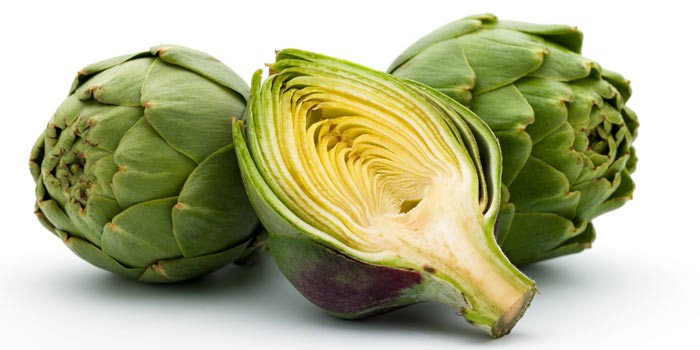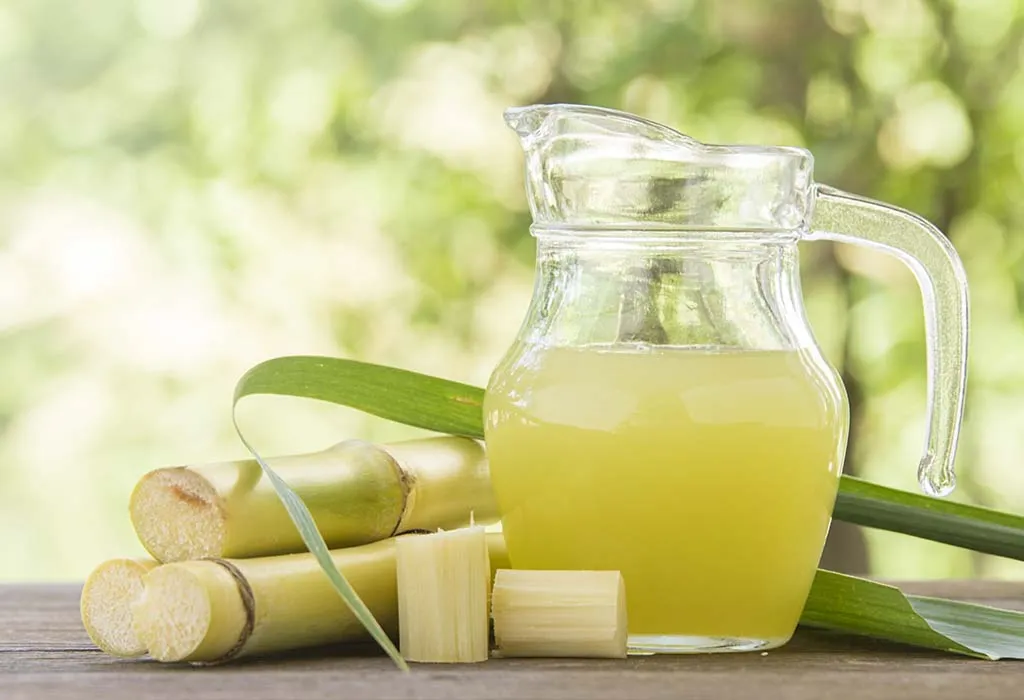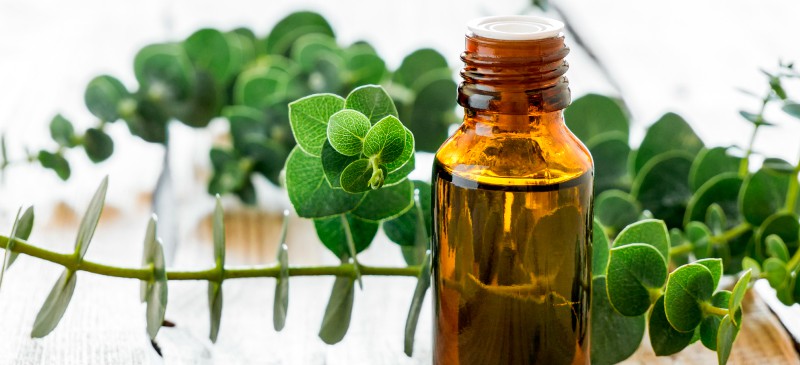Health Benefits of Artichoke
Detoxification of the liver is one of the outstanding benefits of eating artichoke. A thistle flower having tough protective leaves which ends in a sharp point is considered as one of the foods for the liver and gallbladder.
People may be surprised that this plant is a flower or an inflorescence (i.e coming together of many tiny florets that are joined by a stalk). The portion that’s edible is the heart of the artichoke and also the fleshy parts of the protective leaves covering the flower.
Other names: Globe artichoke
French: Artichaut
Spanish: Alcachofa, alcaucil
German: Artischocke
The artichoke, the inflorescence of the artichoke thistle (‘Cynara scolymus’ L.) is a herbaceous plant belonging to the botanical family Compositae which grows up to a height of 2 meters. It is cultivated in all of the temperate regions of the Mediterranean which is the place of its origin. Artichoke has also adapted to less humid regions around the Americas. It is also noteworthy that it is quite sensitive to cold.
YOU MAY LIKE: Winter Savory
Properties of Artichoke
The artichoke is almost free of fat but its protein and carbohydrate content are 5.11% and 3.27% respectively.

These amounts are quite significant. However, one peculiar aspect of the artichoke’s composition is that it holds series of substances which are present in minute quantities but quite remarkable in their psychological effects. These substances show a lot of beneficial values regarding benefits of eating artichoke. They are:
- Cynaroside
- Organic acids
- Cynaropicrin
- Cynarine
- Sterols
- Varied substances
Cynaroside
It is a glycosidic flavonoid from luteolin which play important role with its anti-inflammatory properties which are some of the benefits of eating artichoke.
Organic Acids
Some organic acids such as lactic, malic, citric, glyceric, glycolic and others are among the substances with remarkable psychological effects. However, it is said that their function is not properly understood but facilitate cynaroside and cynarine activity.
Cynaropicrin
The artichoke’s bitter taste is readily made because of this aromatic substance. Therefore, it is responsible for the bitter taste.
Cynarine
One of the benefits of eating artichoke which is clearly offered by the substance is its activity on the cells in the liver targeted at increasing production of bile and also increasing urine production by its activity on the cells of the kidney. Cynarine is 1.5-dicaffeoylquinic acid.
Sterols
Sterols are beta-sitosterol and stigmasterol which are quite similar to cholesterol especially in their chemical structure. However, they are of vegetable origin. These substances have the effect to limit cholesterol absorption in the intestine. This is another striking benefit of eating artichoke.
SEE ALSO: Echinacea Benefits for Skin
Other varied substances
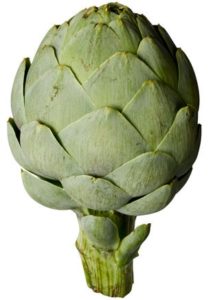
Other substances such as mucilage, pectin, trace elements (magnesium in particular) also contribute in the completion of artichoke composition.
As it is, findings have it that science may not seem to understand all of the artichoke’s substances psychological effects but the medicinal properties can be linked to any of the substances in particular, but rather the total synergistic actions of them all.
Artichoke composition
The following represents artichoke composition per 100 grams of raw edible portion of the food
Carbohydrates = 5.11 g
Energy = 47.0 kcal = 196 kj
Protein = 3.27 g
Fiber = 5.40 g
Vitamin A = 18.0 μg RE
Vitamin B1 = 0.072 mg
Vitamin B2 = 0.066 mg
Niacin = 1.05 mg NE
Vitamin B6 = 0.116 mg
Folate = 68.0 μg
Vitamin B12 = ______
Vitamin C = 11.7 mg
Vitamin E = 0.190 mg ∝-TE
Calcium = 44.0 mg
Magnesium = 60.0 mg
Phosphorus = 90.0 mg
Iron = 1.28 mg
Potassium = 370 mg
Zinc = 0.490 mg
Saturated Fat = 0.035 g
Total Fat = 0.150 g
Cholesterol = _____
Sodium = 94.0 mg
The above information is based on percentage (%) daily value which is also based on a 2,000 calorie diet provided by 100 grams of artichoke. The information is in accordance with the data provided by Dr. George P. in his book titled “Encyclopedia of Foods and Their Healing Power”.
Percentage (%) Composition of Artichoke
Carbohydrates = 5.11%
Fat = 0.150%
Fiber = 5.40%
Minerals = 1.13%
Protein = 3.27%
Water = 84.9%
READ ALSO: Benefits of eating peanut
Indications and Health Benefits of Eating Artichoke

Among the benefits of eating artichoke, is its digestible effects and also a vegetable that is well-tolerated by both ailing individuals and healthy ones. This is because artichoke components make an ideal medicinal food which are indicated below.
- Gallbladder Disorders
- Liver Disorders
- Kidney Disorders
- Diabetes
- Elevated cholesterol
- Skin Disorders
Gallbladder Disorders
One of the substances that has an effective psychological effects is cynarine which is mentioned above for its activity on the cells of the liver and kidney. Cynarin potentiate the emptying of the gallbladder. Therefore, it is quite appropriate in biliary dyspepsia cases which is always provoked by gallstones or gallbladder dysfunction.
After consuming artichoke, about 1/2 kilo of artichoke on a daily for at least 3 days will definitely improve the slow digestion and bitter taste in the mouth linked with regular consumption of high fatty foods.
Liver Disorders
Cynarine, as triggered by other components of artichoke helps to increase bile production. One of the benefits of eating artichoke here is that since the liver secrets overly 800 ml of bile on a daily, eating one-half kilo of artichoke will increase the amount to over 1.2 liters.
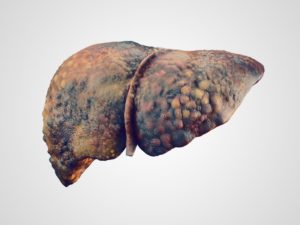
After artichoke consumption, the bile secreted is always less dense and also have more fluid which aids in decongesting the liver. According to healthfitnessrevolution.com, eating artichoke helps to detoxify the liver and also facilitates the elimination of foreign and toxic substances alongside the bile, all of which circulate in the blood.
Additives, medications and other chemical substances are also eliminated in the process. Therefore, benefits of eating artichoke is quite massive.
Furthermore, artichoke is an ideal vegetable recommended in cases of hepatitis A and B, liver fatty degeneration triggered by alcohol, cirrhosis, intoxication due to medications, alcoholic hepatitis etc. As it is, artichoke is a liver protector.
Kidney Disorders
As stated earlier, some substances accompanying cynarine in the artichoke facilitate an increase in production of urine and more imperatively, of the urea that’s in the urine. This is because urea is highly poisonous and is readily produced within the body due to the metabolic process of protein. As a matter of fact, it must be done away with by the kidney.
However, if the organs fail to eliminate urea because of inflammation, infection or nephrosis as they should or supposed to, the resultant effect is kidney failure and increase in urea level in the blood.
Artichoke is quite good and should be eaten regularly and therefore, artichoke is recommended in cases of kidney disorders (scanty urine production, edema etc).
Diabetes
The action of cynarine and other accompanying substances help in reducing glucose level in the blood. This is because they are highly rich in inulin which is easily absorbed by diabetics. Inulin is a carbohydrate and this has prompted the inclusion of artichoke in the diabetic diet.
Elevated Cholesterol
The tendency of cholesterol to be deposited on the walls of arteries leads to hardening of the arteries which is simply known as arteriosclerosis. The reduction of the cholesterol’s tendency to drop on the arterial walls is carried out by artichoke and this is one the awesome benefits of eating artichoke.
As it is, it is highly recommended for individuals suffering from high blood cholesterol levels. Also good for those who must have suffered heart attack which is the resultant effect of arteriosclerosis.
Skin Disorders
Artichoke benefits are quite enormous in that many cases of eczema, allergic skin reactions and dermatitis disappear when the function of detoxification of the liver are progressively working perfectly. Therefore, eating artichoke is recommended in cases of chronic skin conditions.
How to cut Artichoke
- Remove the outer layers of the leaves which seem to be two or three in number.
- The tips of the leaves remaining are cut together with the stalk.
- Moisten the artichoke with lemon juice or ensure you rub the artichoke against half a lemon. This is because artichokes turn dark on exposure to air (oxidation of its mineral salts).
Preparation and Use of Artichoke
- Roasted: This can be done in an oven or on a grill. Here, the tips of the outer leaves are not removed because they help in maintaining internal moisture especially when the cooking process is ongoing.
- Raw: Tender hearts of artichoke can be used in salads which may be prepared with oil and lemon. To take full advantage of its trace elements and vitamins content, consuming artichoke raw is the ideal way and it has a pleasant taste in this regard.
According to Encyclopedia of Medicinal Plants, artichoke stalks, roots and leaves hold the same active ingredients as the artichoke itself and for the fact they are not edible, they are readily used in the phytotherapy realm.

A graduate of Computer Science and Information Management Technology. Diploma – Caregiving, Certificates – Dementia and Diabetes Awareness and Management. A researcher, blogger, songwriter, singer and acoustic guitarist. Born in an environment where natural talents such as healing are imparted at our natural birth. This natural talents of healing is the result of our genetic inheritance and the training from family environment.







